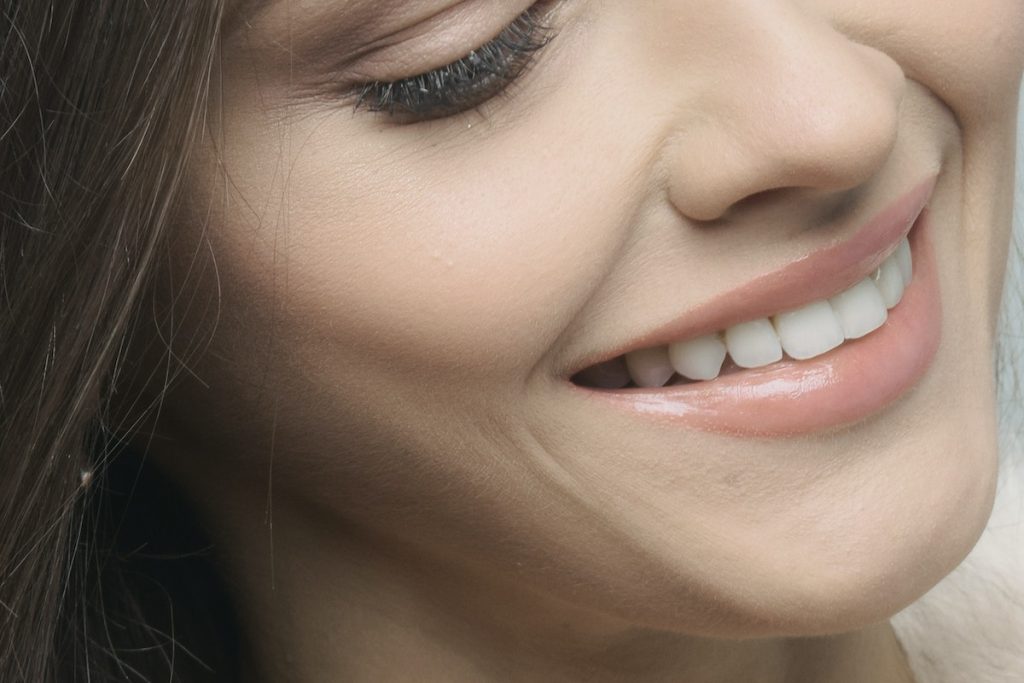Your teeth say a lot about your overall health, so it’s important to ensure they look their best! Unfortunately, stained teeth are all too common. But why do teeth stain, and how can you prevent or treat the issue? Look at the causes of stained teeth and some tips for keeping them white.
Causes of Stained Teeth
There are several reasons that your teeth may become stained over time. The most common causes are the following:
Smoking: The nicotine in cigarettes leaves brown stains on the surface of your teeth
Consuming certain foods and drinks (such as coffee, tea, wine, tomato sauce, and dark sodas). These drinks and foods cause discoloration due to their acidity and staining agents.
Using certain medications: Certain antibiotics, antihistamines, and blood pressure drugs can cause teeth discoloration.
Aging: As you age, the enamel on your teeth wears away, which allows more of your dentin (the yellowish material beneath the enamel) to show through.
Poor dental hygiene: Not brushing and flossing regularly can cause plaque buildup, which leads to yellow or brown stains on your teeth.
Trauma: If kids are hit in the mouth while participating in sports, it can damage their enamel formation. Also, if an adult experiences a sports injury or another type of impact that decreases blood flow to their tooth or kills the nerve, it can discolor their teeth.
Dental materials: If you’ve had a dental procedure that involves materials that are not tooth-colored, such as silver amalgam fillings, these can leave dark stains on your teeth.
How Does Stain Affect Confidence
Having stained teeth can significantly impact your confidence and self-esteem. You may be less likely to smile or laugh in social situations and feel like people are judging you for the color of your teeth. This can make it difficult to engage in conversation with strangers or even close friends and cause embarrassment when speaking in public. Additionally, you may feel like you need to hide your discolored teeth when taking pictures or interacting with people in other ways.
Preventing Tooth Discoloration
Practicing good oral hygiene daily is the best way to keep your teeth from becoming stained. Brush twice daily with fluoride toothpaste for two minutes and floss once daily. Use an electric toothbrush if you can—it will help remove more plaque than manual brushing does and give you better results!
Avoiding or limiting your consumption of staining foods and drinks is also key to preventing discoloration and quitting smoking or using chew tobacco if applicable. Regular dental visits are also important for maintaining healthy-looking teeth. This will allow your dentist to spot any areas of concern before they become larger issues. You can also consider investing in a mouthguard if you’re active or play contact sports. This will help protect your teeth from external damage that can lead to discoloration.

Treating Stained Teeth
If you have already developed stained or discolored teeth, there are still options for whitening them up again!
Professional Whitening: Professional whitening treatments are done by your dentist. This option provides excellent results but may be costly depending on how much whitening is needed.
Over-the-Counter Whitening Products: Over-the-counter whitening products like strips or gels also work well. However, the effects may take longer since they contain fewer bleaching agents than professional treatments. You can use these products if you prefer a slower whitening process or if you don’t need to whiten your teeth drastically.
At-Home Remedies: You can also whiten your teeth at home with a simple remedy like baking soda, although it could take a while to see results. Baking soda works as an abrasive cleaner, helping to scrub away stubborn stains from the surface of the teeth. Rinse well after brushing, so the baking soda does not have time to erode your enamel.
Dental Veneers: If your teeth have become severely discolored and stains have been difficult to remove, you may consider dental veneers. Veneers are thin shells of porcelain or composite material that your dentist glues onto the front surface of your teeth. They effectively cover up dark discoloration and give you a brighter smile.
What You Should Not Do
It is important to note that there are certain DIY methods you should avoid when trying to whiten your teeth. These include using charcoal or other abrasive home remedies and over-bleaching with hydrogen peroxide. Excessive bleaching can damage your tooth enamel and lead to further discoloration. You should also never use products that could be expired or counterfeit, as these can irritate your gums and teeth. Fruits are also not recommended, as they are too acidic and could cause erosion.
If you want white, healthy-looking teeth, then it’s important to practice good oral hygiene habits every day! Remember that nothing beats talking to your dentist about what options are available for you before attempting any DIY methods. You can achieve a brighter smile that lasts with proper care and attention. Keep these tips in mind; you’ll be well on your way toward achieving beautiful pearly whites!
